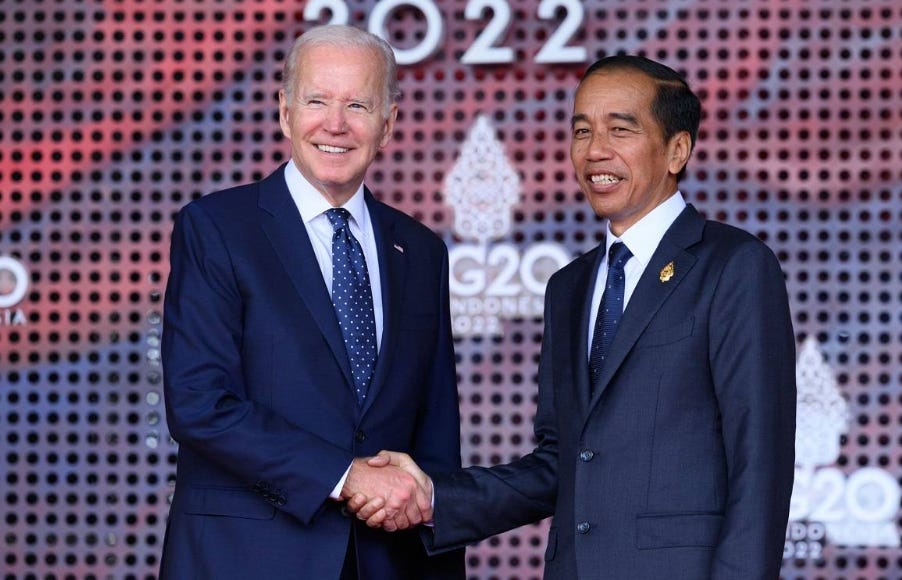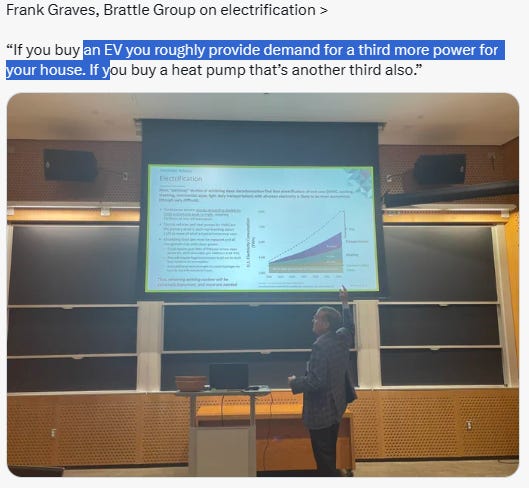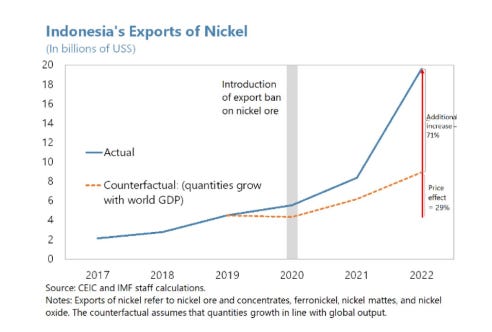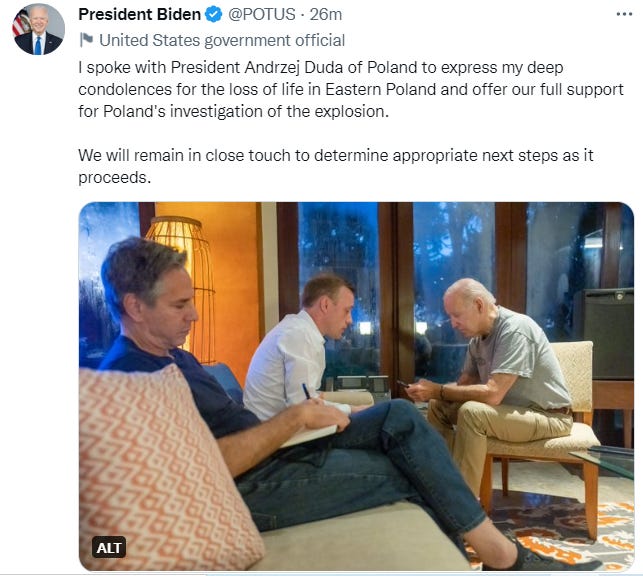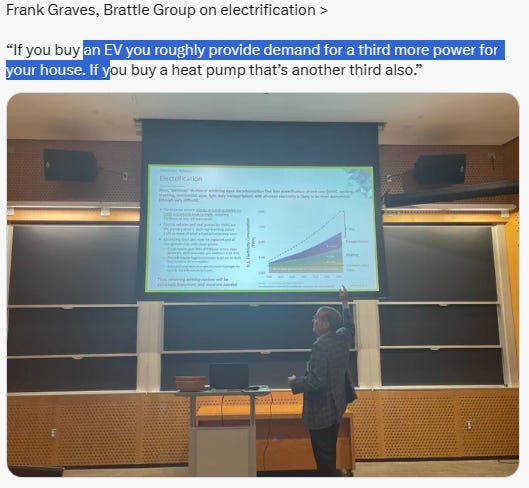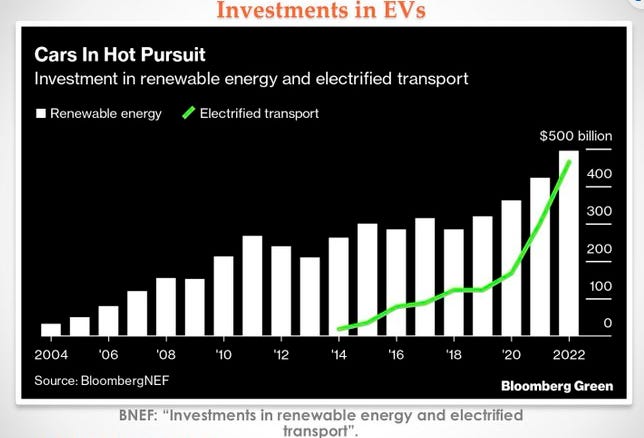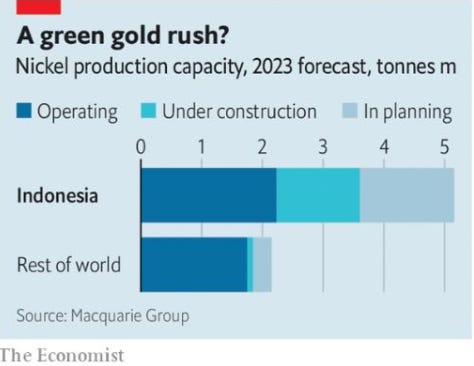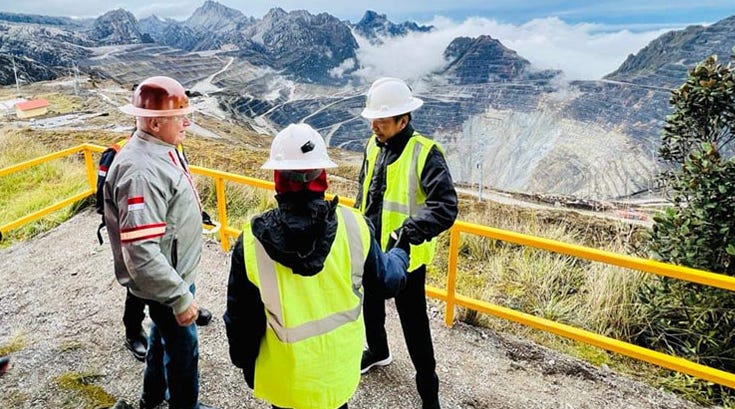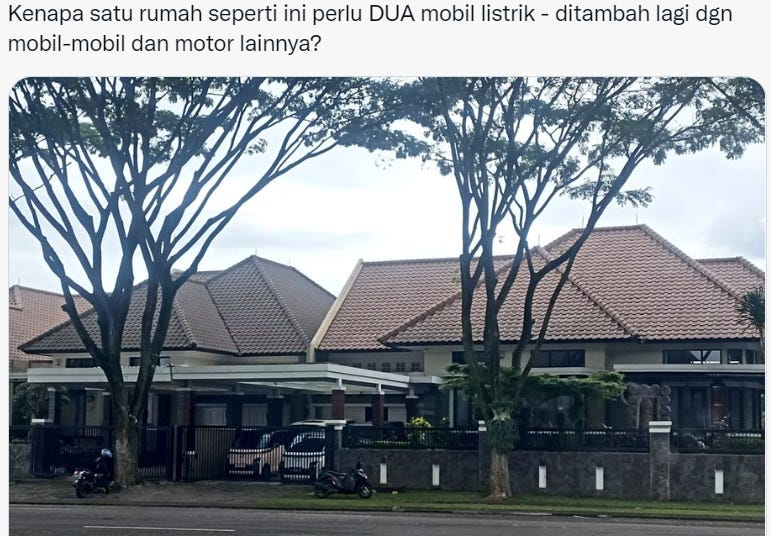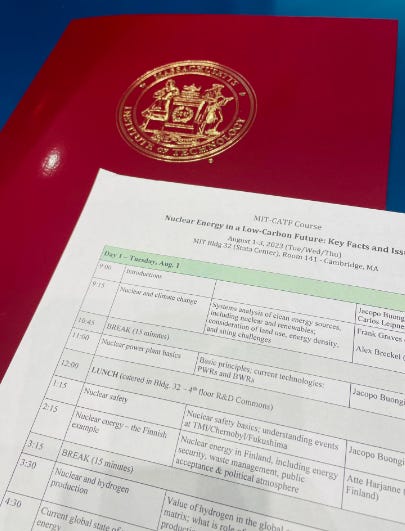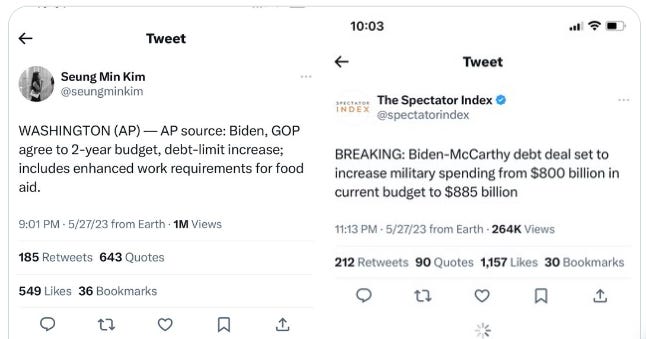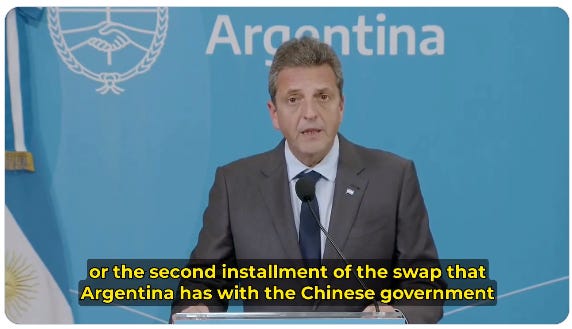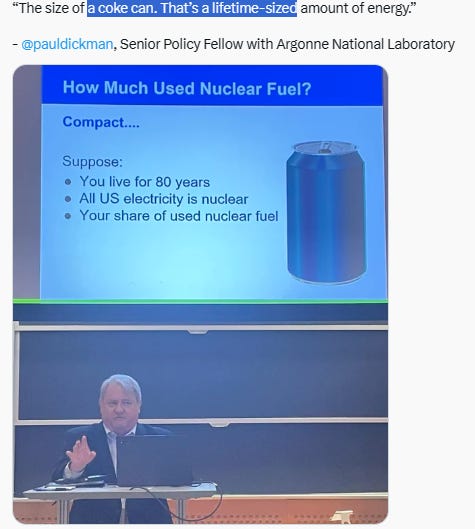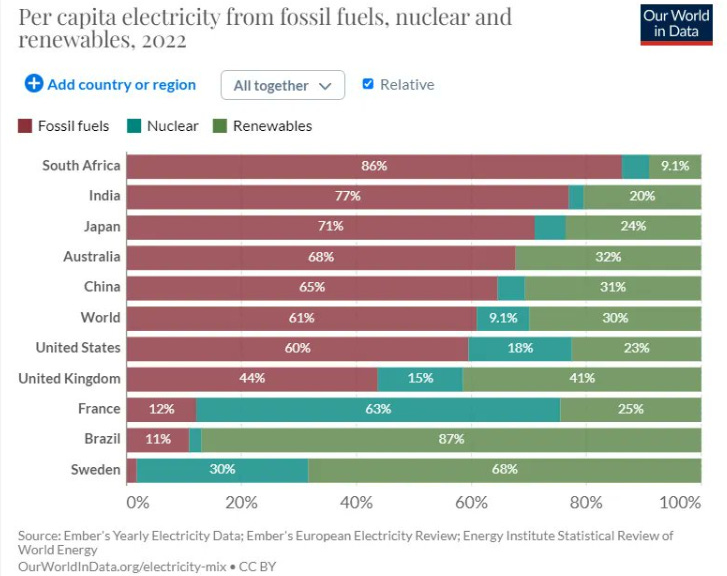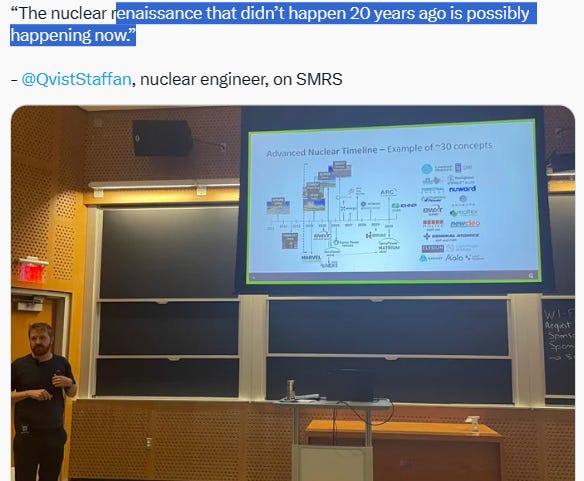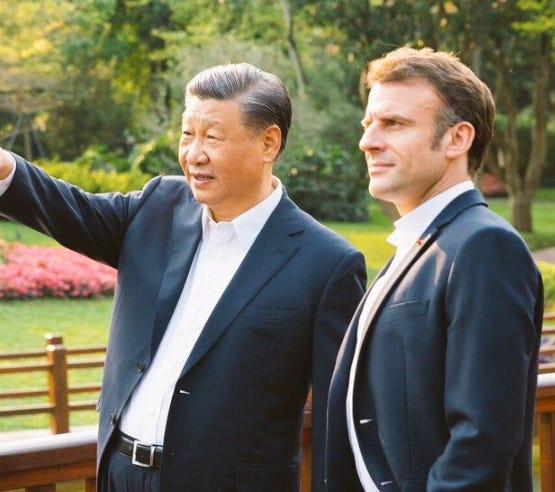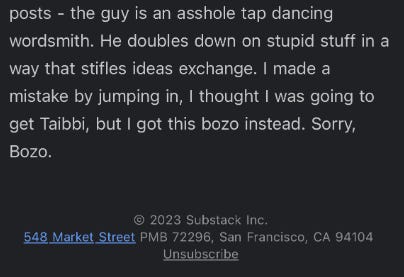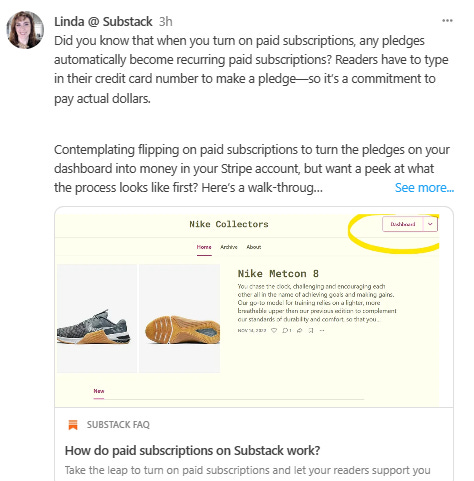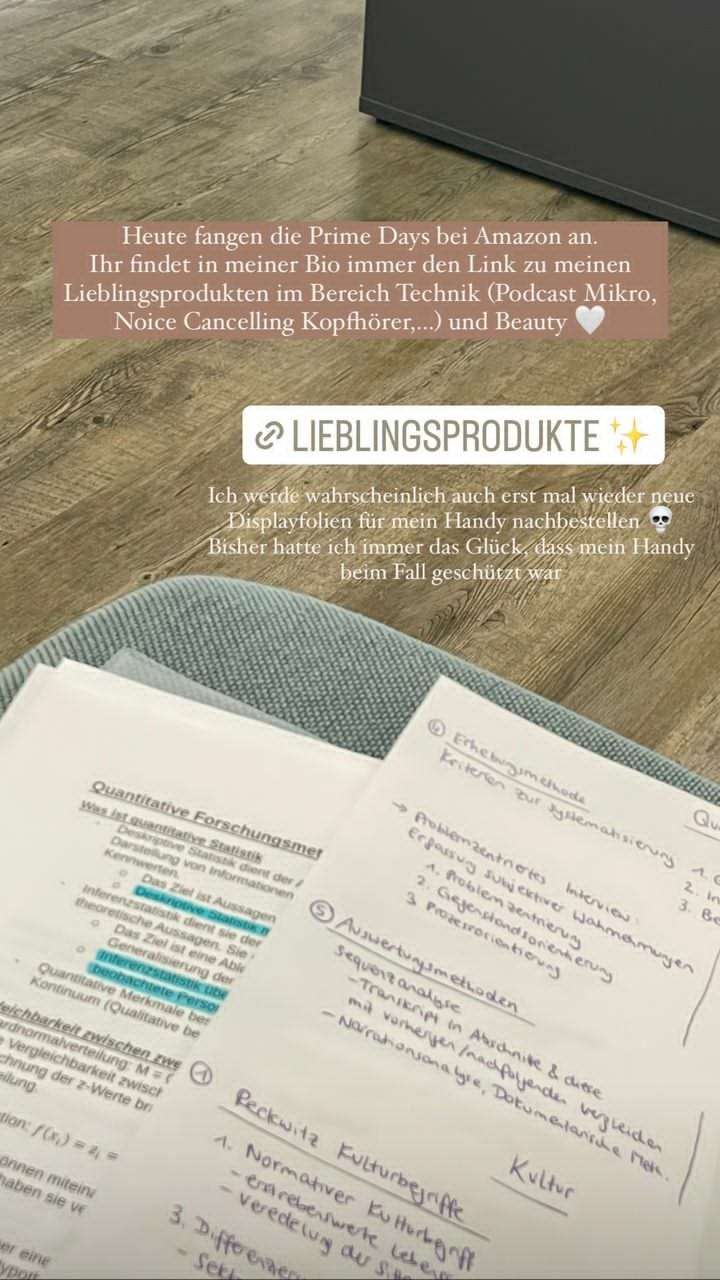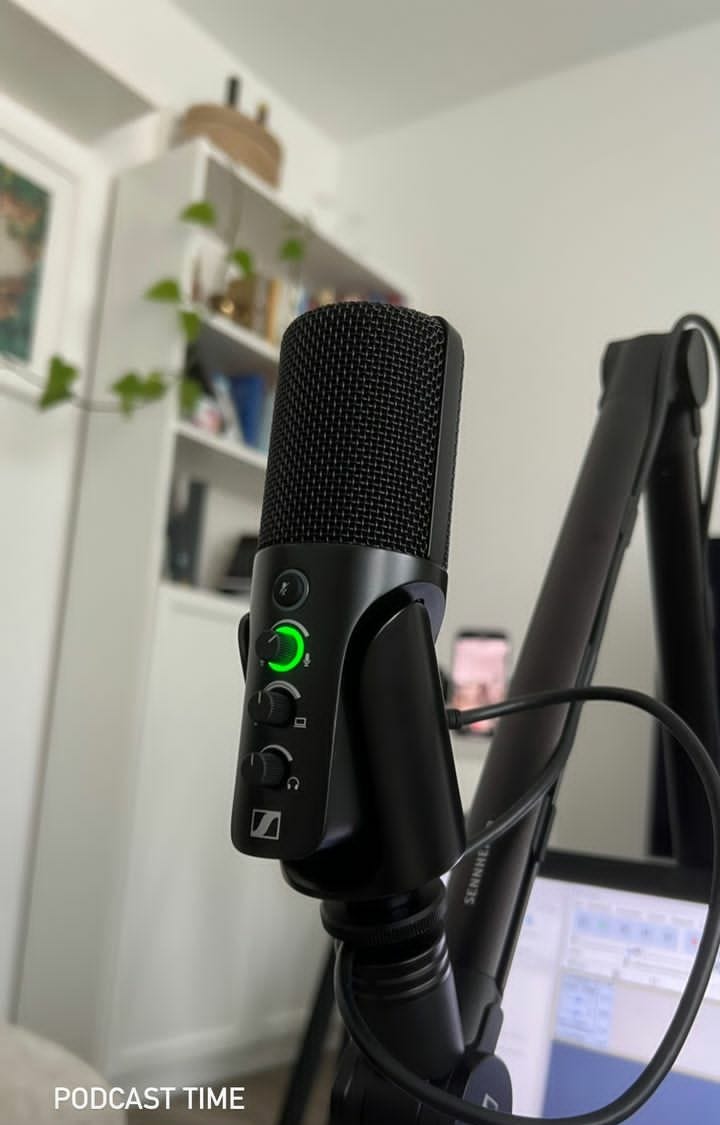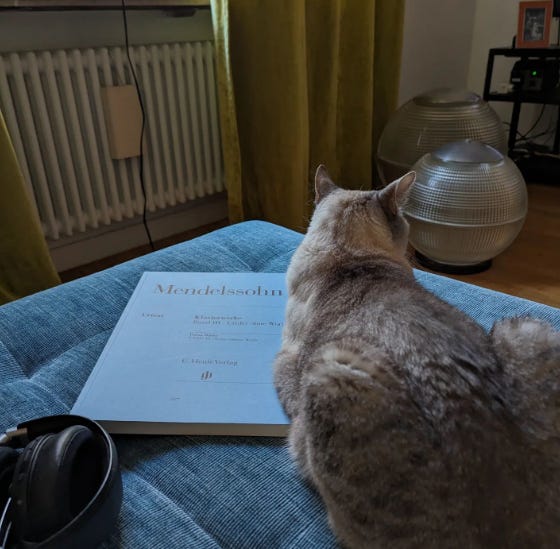Expelling the West and Reject Slavery in Developing Countries (Not Only Africa): A Big Shift, Clear Sign "Sunset" of the West
"We have uranium, we have diamonds, we have gold, we have oil, we live like slaves? We won't accept it. Entire the West must leave from Africa" echoed in a lot African countries
DC 3.50am / Buenos Aires 4.50am / Pretoria 9.50am / Jakarta 2.50pm
When it comes to critical minerals, Indonesia President Joko Widodo (Jokowi) is a man of his word. At least until now. In Africa, Burkina Faso’s President Ibrahim Traoré has vowed to fight neocolonialism Pledging a “refoundation of the nation”, he appointed an ally of late revolutionary leader Thomas Sankara as Prime Minister He has closely allied with Nicaragua, Venezuela, and Cuba. The coup in Niger follows a pattern of coups across the African continent such as Burkina Faso and Mali. 17 Hours ago, The US Department of State set a plan to evacuate entire U.S. citizen in Niger.
Additionally, increased commodity prices have created an impetus for governments to try to reap profits from these minerals. The specter of resource nationalism has once again gained a foothold. Increasingly valuable minerals that are key to the new green economy quickly gaining momentum across the world. new push for governments to exert more control over these resources.
South Africa's ambassador to BRICS said the bloc will announce expansion and admission of new members at the summit on August 22-24 22 countries have formally applied, and 20 more have informally requested membership, for a total of 42 interested nations. Representatives from 71 countries have been invited to attend the BRICS summit this August. South Africa's ambassador said, “This will be the largest gathering in recent time of countries from the Global South coming together to discuss the current global challenges”. BRICS has become “a powerful global force that is bringing change to the world”. “This change is not coming voluntarily. BRICS has been a catalyst for a tectonic change you will see in the global geopolitical architecture starting with the summit”.
Back to Indonesia. Ever since he pledged to defend Jakarta’s decision to ban nickel and other critical minerals, Jokowi and his aides have gone all the way to uphold the policy. This includes appealing a World Trade Organization verdict that found the nickel ore export prohibition in violation of the global trade regime to which Indonesia is a party.
Jokowi aims to process nickel and bauxite in the country, and in the moment (January 2023 —- 7 months ago) he announced a new target: copper, which is really similar to Zimbabwe, Nigeria (maybe Ghana will follow), and a lot of Africa, South America countries.
Indonesia is one of the largest commodity exporters in the world. Commodities accounted for one fourth of Indonesia’s GDP and more than one fifth of total government revenue in 2007. The potential for further commodity growth is considerable. Indonesia is the largest producer of palm oil in the world (export earnings totaled almost US$9 billion in 2007 and employed 3.8 million full-time jobs) and the sector has good growth prospects. Again, as the European Commission started to investigate the Indonesian biodiesel export in 2013, the next President (Jokowi) is facing more scrutiny by the EU because of the 2015 haze.
Environmental regulations exist so inefficient business activity (i.e. palm oil relying on expansion) faces higher regulatory costs & divert investment to a more "efficient" business (i.e. palm oil based on intensification or manufacturing industry). Too bad that got deregulated. The palm oil industry in Indonesia employs approximately 16.2 million people in 2018 (maybe today a bigger number), directly and indirectly. This is why, despite the environmental cost, the industry is not going to go away.
Jokowi kept optimistic even after he indicated that Indonesia would lose again in the WTO appeal about CPO (his statement September 7th, 2022). Indonesia already loses on WTO appeals about nickel. For those who still believe Indonesia's nickel sector industrial policies were useless, here is a graph in the IMF's recent report on Indonesia. Nickel exports have surged. 1/3 = price effects; 2/3 = (plausibly) higher value adding and volumes.
Indonesia is now facing new pressure after the International Monetary Fund recommended that the country gradually lift the bans to prevent retaliations from trading partners. In its latest country report, the IMF said Indonesia’s downstream policies could potentially lead to a loss of revenue from export taxes as the policies lack consideration of cost-and-benefit analysis on the impact of the bans.
While it is true that many countries are upset by Indonesia’s mineral export bans, it is hard to ignore the fact that Indonesia can generate revenue of more than US$20 billion a year from nickel ever since the policy came into force in 2020. Before the ban, Indonesia earned less than $1 billion from the mineral, which the country is known to have the world’s largest reserve.
After facing similar pushback from the Group of 20 (G20) in Rome (Italy as G20 Chair 2021), Jokowi and his ministers came up with the idea to create an alliance of critical mineral-producing countries, which he said would resemble the Organization of Petroleum Exporting Countries (OPEC) in the oil industry. The move was driven by the government’s ambition to turn Indonesia into a global hub of electric vehicle (EV) battery manufacturing. It was also met with much skepticism at that time due to the highly closed nature of the mineral supply chain of EVs, in which automotive manufacturers sign deals directly with mining companies to secure supplies.
Awkward, when Indonesia as Chair G20 in 2022, massive $20 billion deal with the US and Japan will kick-start Indonesia’s drive to wean itself off coal power, though the country may still need trillions more to reach net-zero emissions while meeting growing demand for energy.
US President Joe Biden and Indonesian President Joko Widodo announced the climate finance deal, known as the Just Energy Transition Partnership, or JETP, on Tuesday at a meeting of Group of 20 leaders in Bali. In exchange for a mix of funds from government and private sources, Indonesia has committed to retiring Southeast Asia’s largest coal power fleet and reaching net-zero emissions from its power sector.
Recently the Indonesian Chamber of Commerce and Industry (Kadin) signed an agreement with the state government of Western Australia to develop nickel and lithium processing. Amid the global race to secure supplies by EV manufacturers, the agreement paves the way for a strategic alliance that may strengthen the position of both parties as producers. As Indonesia is cementing its grip as a mineral producer, it is important to watch its own move, as any misstep may cancel out all the work that it has built.
Indonesia accounted for 37% of global nickel production and 22% of reserves in 2021. But most nickel was being processed outside the country. This is changing after a series of industrial policies, which include: - requiring mining companies to domestically add value before exporting; - forcing foreign investors to reduce shareholdings in mining companies operating in Indonesia, and establishing a state-owned mining holding company, MIND ID, which then spearheaded partial nationalisation of some of the largest foreign mining companies, namely Freeport Indonesia and Vale Indonesia.
After losing in the WTO, in January 2020, the Indonesian government banned the export of non-smelted nickel ore. Then, on December 21, 2022, President Joko “Jokowi” Widodo also issued a statement that, starting in June 2023, the country “will impose a ban of bauxite ore exports and encourage the domestic bauxite processing and refining industry.” Indonesia's nickel production is set to more than double due to vast investments in the sector. Indonesia is used to build coal power plants close to nickel mines and the carbon intensity of nickel production, critical to EV batteries, is a concern for Western EV producers and investors.
In Indonesia, there have long been voices of discontent among members of the both House of Representatives (DPR/Parliament) and the public, saying that the nation is being stripped of its vast mineral resources by foreign companies without any kind of refining and the profits were not being returned to the people.
Therefore, it is better for Jokowi and his ministers to respond to criticisms, such as those from the IMF, with eloquence. Jokowi and his Investment Minister Bahlil Lahadalia may find strong words such as “fight” or “sovereignty” as an expression of their maximum effort to protect the country and its people, but to others, especially in the realm of global trade and the international community, could be interpreted as inflexibility and a show of arrogance that may sour relations with trading partners.
Jokowi, as he once admitted, does not want Indonesia, as a nation that endured centuries of colonialism, to repeat its own history of being oppressed by other nations. He also does not want the country to emulate Latin American countries that never escape the middle-income trap. What Jokowi must also put into consideration is that as Indonesia grows stronger in economic and political influence, it also must be fully aware of its strength and find the best way to build relations with other countries. What it considers an act of survival may be perceived as an attack on other countries.
It is important for Indonesia to engage in more dialogues and negotiations to address the criticisms, especially related to trade and economy, rather than in a war of words in media. Sometimes the oppressed, when they survive, become the oppressor themselves. Indonesia is still far away from its goal of becoming a high-income country in 2045. It is a marathon, rather than a sprint. Too much hubris will only drain our energy for nothing.
Same “nationalism resources” actually not only in Indonesia.
Nigeria recently discovered large deposits of Lithium, an essential component for building batteries for electric cars, laptops and mobile devices. Elon Musk showed interest in signing a trade partnership with the Federal Government Nigeria for the mining of Lithium. Nigeria Minister of Mines and Steel Development, Olamilekan Adegbite, rejected the offer. The Minister stated that Nigeria would only deal with Tesla if the company agreed to build its battery-making factories in Nigeria. Lithium expected to be the most valuable mineral on earth by 2040. The worldwide for even exploration and mining starts from 0.4 per cent lithium oxide but when started exploration and mining, one per cent up to 13 percent lithium oxide content.
Senior official in the Iranian Ministry of Industry, Mine and Trade (MIMT) said (Feb 27th, 2023) that a deposit located in the western province of Hamedan contains some 8.5 million metric tons of lithium ore, PressTV, Iran’s state-owned news network, reported. With this discovery, which would make it the world's second largest lithium reserve after Chile.
In sarcasm, enemies of the West are the countries that the West cannot pillage
Libya : oil
Iraq : oil
Russia : oil, gas.
Iran : oil, gas, lithium
Syria : oil
Venezuela : oil
Chile: Lithium
now, Niger : Uranium, Oil
Developers in Argentina, Bolivia, Chile, and possibly Peru are evaluating the idea of creating an association of lithium-producing countries that will function like the mineral's OPEN for the region.
Prospects of such a development have gained momentum following Gabriel Boric's presidential victory in Chile, now that all governments will have similar leftwing ideologies.
Former Argentine Foreign Minister Felipe Solá has already discussed the idea with Bolivian authorities in March last year, it was reported. Lithium is essential for the production of batteries for electrical vehicles. “We are going to be very serious and we are going to collect the experience of Bolivia, debating among ourselves and then making decisions that hopefully we can implement together,” Solá said at the time.
Bolivia is the country with the largest lithium reserves in the world with 21 million tons, above the 14.8 million tons of Argentina and the 8.3 million tons of Chile. Outside the region, the countries that have the mineral are China and Australia.
Due to its status as a non-renewable resource and the strong growth in global demand due to the drive to create a greener economy, lithium has managed to remain stable in the face of fluctuations in international commodity prices. Due to the relevance of their deposits, Bolivia, Argentina and Chile could regulate the international market for this mineral, analysts foresee. Argentina since December 2022 until today aggressively using Yuan China rather than Dollar. 4 Days ago (July 30, 2023), Argentina will pay off an additional $1.7 billion of its IMF debt trap using yuan from a currency swap agreement with China "The agreement with the IMF is probably the worst inheritance from the previous government... it is a debt that is neither for roads, nor schools, nor hospitals, nor any improvement, nor for companies, nor for Argentine families" said Economy Minister Massa.
In the nuclear celebratory mood of the moment, there is little patience or political will for sober voices to discuss the reality that new nuclear power is actually many decades away from having any measurable impact on climate change – if at all.' UK PM Rishi Sunak blames Putin for 'weaponising' global energy supplies, saying it has caused 'household bills to soar'. End of Oppenheimer dream on nuclear energy dream. Although successful France on nuclear energy. About 63% of France's electricity comes from nuclear power. Niger (French Orano) delivers most of the uranium used to power these nuclear power plants.
It didn’t take long for the U.S. to condemn the overthrow of Niger’s elected government. But the U.S. was not always so anti-coup. In fact, Washington has often supported, enabled, or averted its eyes to military coups in the past.
With Niger, the U.S. finds itself in a predicament. Detaining the Sahel’s last democratically elected president and gutting its institutions is regrettable and would seem to constitute a coup requiring a U.S. aid cutoff. But you could have said the same thing about Egypt.
The US has not yet formally decided if the situation constitutes a coup...There is no timeframe in which the US is required to make a coup designation.
If Niger bans Uranium export to France, where will all that Uranium come from?
Essentially, Niger became an oil producer and exporter because of China support through the Agadem oilfield development and the construction of the Nigerien-Beninese Agadem-Cotonou pipeline. became an oil producer in 2011 thanks to a Joint Venture between the Niger and China government, PetroChina, the foreign arm of state-owned CNPC. PetroChina entered a PSA with Niger in 2008 with the aim of developing the estimated reserves of 650 million barrels from the Agadem field.
PetroChina invested in the construction of the SORAZ refinery, close to the
Niger-Nigeria border and China still holds 60% stake in the refinery, with a capacity of 20,000 barrels per day (bpd) and mostly supplying the Niger domestic fuel market, including Niger army.
Yes, Niger produces just 5% of global uranium, but being EU's largest supplier of uranium.
Currently, uranium production in Niger occurs mostly through a French majority-owned company called Orano which owns 63.4% of Société des Mines de l’Aïr (SOMAÏR). The remaining 36.66% of this is owned by Niger's Société du Patrimoine des Mines du Niger, known as Sopamin.
In 2021, the European Union utilities purchased 2905 tU (tonnes Uranium) of Niger-produced uranium making Niger the leading uranium supplier vis-a-vis the EU.
Earlier, on July 28, Orano released a statement arguing that "the situation remains unstable" in Niger following the overthrowing of French ally and President of Niger Muhammed Bazoum. The company then added that it has "set up a crisis unit to prioritize the safety of its employees" and underscored that "this event to have any immediate impact on its activities in Niger or on the value of its assets."
Again, the coup in Niger follows a pattern of coups across the African continent such as Burkina Faso and Mali.
The Biden administration faces a dilemma in West Africa: Should the United States help a country run by a military junta with a troubling record on human rights or risk the country’s losing territory to Islamic extremists and partnering with Russian mercenaries?
The administration’s answer has been that it will choose to help the junta. The article frames this choice as part of a tough but necessary balancing act, but in doing so it lets the administration off the hook for making sketchy compromises that don’t even deliver on the security front. The U.S. should not be cooperating with the junta at all, and the belief it “has to” do this is based on several flawed assumptions about the interests that the U.S. has in the region. Whether it is tied to old “war on terror” thinking or the new “great power competition” approach, the U.S. is not advancing its interests by helping African states to militarize further.
U.S. policies helped to create the instability and violence in the Sahel by backing local militaries and encouraging them to wage counterinsurgencies against their own people. Now that Washington is faced with the failure of this approach, it finds itself reaching for the same useless tools. The government always has excuses for why backing some abusive authoritarian government is “necessary,” but the truth is that the U.S. chooses to throw in its lot with brutal regimes because it prizes influence with them over everything else.
Multiple Mali media indicated General Salifou Mody, the deputy leader of the junta that seized power in a coup in Niger last week, is in Mali to request a rapid deployment of Wagner forces to help their coup regime in Niger.
The US Government has had Nigers presidential guard on its train and equip ban list since the last coup they did in 2010. Therefore the US had no eyes inside the guard. And no formal contacts there either. Not to defend the DGSE (General Directorate for External Security (French: Direction générale de la Sécurité extérieure, DGSE – France 's foreign intelligence agency) here, but their failure to predict the coup (as opposed to the coup risk, which everyone should have known was elevated) is hardly surprising--it originated because T(ch)iani didn't want to be fired, and then snowballed in ways nearly impossible to predict: an echoed entire Africa to say no to the West. Not only French, not only American.
=========END————
Thank you, as always, for reading. If you have anything like a spark file, or master thought list (spark file sounds so much cooler), let me know how you use it in the comments below.
If you enjoyed this post, please share it.
If a friend sent this to you, you could subscribe here 👇. All content is free, and paid subscriptions are voluntary.
———————————————————————————————
-prada- Adi Mulia Pradana is a Helper. Former adviser (President Indonesia) Jokowi for mapping 2-times election. I used to get paid to catch all these blunders—now I do it for free. Trying to work out what's going on, what happens next. Arch enemies of the tobacco industry, (still) survive after getting doxed. Now figure out, or, prevent catastrophic situations in the Indonesian administration from outside the government. After his mom was nearly killed by a syndicate, now I do it (catch all these blunders, especially blunders by an asshole syndicates) for free. Writer actually facing 12 years attack-simultaneously (physically terror, cyberattack terror) by his (ex) friend in IR UGM / HI UGM (all of them actually indebted to me, at least get a very cheap book). 2 times, my mom nearly got assassinated by my friend with “komplotan” / weird syndicate. Once assassin, forever is assassin, that I was facing in years. I push myself to be (keep) dovish, pacifist, and you can read my pacifist tone in every note I write. A framing that myself propagated for years.
(Very rare compliment and initiative pledge. Thank you. Yes, even a lot of people associated me PRAVDA, not part of MIUCCIA PRADA. I’m literally asshole on debate, since in college). Especially after heated between Putin and Prigozhin. My note-live blog about Russia - Ukraine already click-read 4 millions.
=======
Thanks for reading Prada’s Newsletter. I was lured, inspired by someone writer, his post in LinkedIn months ago, “Currently after a routine daily writing newsletter in the last 10 years, my subscriber reaches 100,000. Maybe one of my subscribers is your boss.” After I get followed / subscribed by (literally) prominent AI and prominent Chief Product and Technology of mammoth global media (both: Sir, thank you so much), I try crafting more / better writing.
To get the ones who really appreciate your writing, and now prominent people appreciate my writing, priceless feeling. Prada ungated/no paywall every notes-but thank you for anyone open initiative pledge to me.
(Promoting to more engage in Substack) Seamless to listen to your favorite podcasts on Substack. You can buy a better headset to listen to a podcast here (GST DE352306207).
Listeners on Apple Podcasts, Spotify, Overcast, or Pocket Casts simultaneously. podcasting can transform more of a conversation. Invite listeners to weigh in on episodes directly with you and with each other through discussion threads. At Substack, the process is to build with writers. Podcasts are an amazing feature of the Substack. I wish it had a feature to read the words we have written down without us having to do the speaking. Thanks for reading Prada’s Newsletter.
Wants comfy jogging pants / jogginghose amid scorching summer or (one day) harsh winter like black jogginghose or khaki/beige jogginghose like this? click
Headset and Mic can buy in here, but not including this cat, laptop, and couch / sofa.




